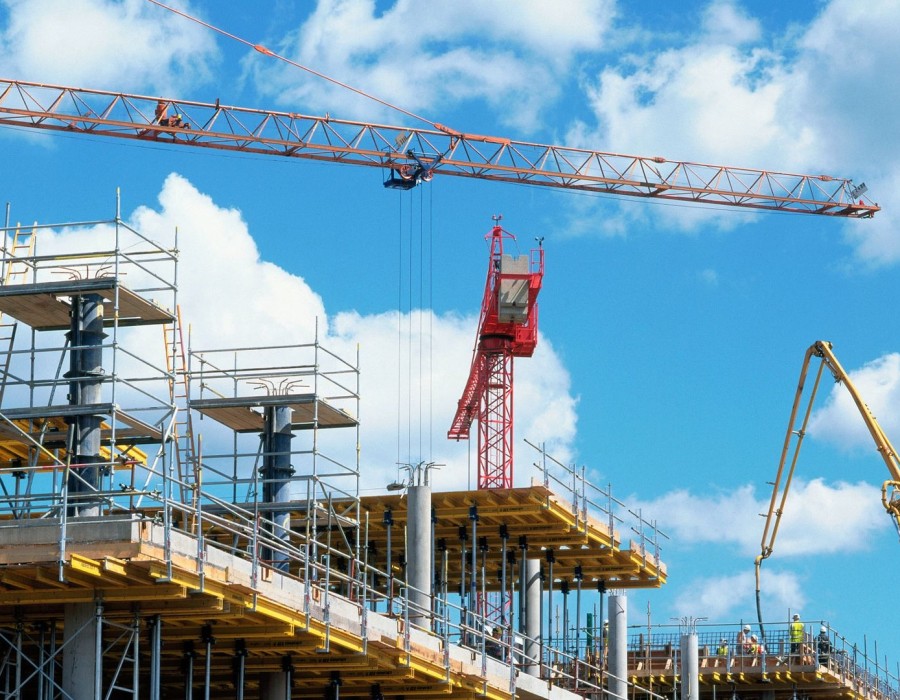Introduction
PT Pembangunan Perumahan (PP), a leading construction and development company in Indonesia, plays a pivotal role in shaping the Indonesia Construction Market. As one of the largest and most reputable construction firms in the country, PP is at the forefront of integrating cutting-edge innovations and strategies into its operations. In response to an increasingly competitive market, PP has adopted a range of emerging technologies and business strategies aimed at enhancing efficiency, sustainability, and service delivery.
Overview of PT Pembangunan Perumahan (PP)
Founded in 1953, PT Pembangunan Perumahan has cemented its position as a key player in Indonesia’s construction and infrastructure development sector. Initially focused on residential construction, the company has since expanded its portfolio to include large-scale commercial, industrial, and infrastructure projects. This diversification has enabled PP to adapt to the evolving demands of a rapidly urbanizing Indonesia.
Strategic Shifts in the Indonesian Construction Market
The construction market in Indonesia is undergoing significant transformation, driven by both domestic growth and global influences. PP has been keen to implement strategies that ensure long-term growth, including diversification, digitalization, and sustainability initiatives. These strategies have allowed the company to remain resilient in the face of economic fluctuations and regulatory changes.
1. Diversification into Infrastructure and Real Estate
Recognizing the need to tap into multiple sectors, PP has broadened its business model. While residential projects still form a significant portion of their operations, PP has increasingly invested in large infrastructure projects such as roads, bridges, airports, and seaports. This diversification helps the company mitigate risks associated with cyclical demand in the residential market.
2. Sustainability as a Core Business Strategy
As global sustainability concerns grow, PP has integrated green building principles into its projects. This includes the adoption of energy-efficient building materials, water-saving technologies, and eco-friendly construction methods. These practices not only support environmental goals but also respond to the rising demand for sustainable development in Indonesia, especially in urban centers.
Emerging Innovations in the Indonesian Construction Market
In line with global trends, the Indonesian construction industry has witnessed the growing adoption of digital technologies. PT Pembangunan Perumahan (PP) has embraced several key innovations to maintain its competitive edge in this rapidly evolving landscape.
1. Building Information Modeling (BIM)
BIM is a transformative technology that allows for detailed 3D modeling of construction projects, enabling improved design, planning, and execution. By integrating BIM, PP can streamline project timelines, reduce costs, and improve collaboration among architects, engineers, and contractors. This not only enhances productivity but also minimizes the risks of errors during construction.
2. Prefabrication and Modular Construction
The rise of prefabricated and modular construction techniques has revolutionized the way buildings are constructed. By prefabricating components in controlled factory environments, PP can reduce construction time and costs, as well as ensure better quality control. This innovation also enables faster delivery of large-scale infrastructure projects, which is particularly important in a rapidly growing economy like Indonesia.
3. Automation and Robotics
Automation in construction processes, such as the use of drones for surveying and robots for bricklaying, is gradually becoming more common in the industry. PP has been experimenting with these technologies to improve the accuracy and efficiency of their operations. Drones, for instance, can conduct aerial surveys to monitor construction progress in real time, reducing human error and increasing project oversight.
4. Sustainable Construction Materials
The use of sustainable construction materials is gaining momentum as the construction industry seeks to reduce its environmental footprint. PP has been proactive in adopting alternative building materials such as recycled concrete, sustainable timber, and energy-efficient insulation. These innovations are part of the company’s broader commitment to green building practices and sustainability.
Key Developments in Indonesia’s Construction Industry
Indonesia’s construction market has experienced steady growth in recent years, driven by government initiatives and an increasing demand for urbanization and infrastructure development. PT Pembangunan Perumahan has been able to leverage this growth by focusing on large-scale public and private projects.
1. Government Infrastructure Initiatives
The Indonesian government’s ambitious infrastructure agenda, known as the “National Strategic Project,” includes the construction of toll roads, airports, and mass transit systems. PP has been a key player in these projects, which are designed to improve the country’s logistics, connectivity, and urban mobility. By securing government contracts, PP has positioned itself as an essential partner in the country’s infrastructure development.
2. Real Estate and Mixed-Use Development
With urbanization accelerating in major Indonesian cities such as Jakarta and Surabaya, the demand for real estate—especially mixed-use developments—has surged. PP has responded to this demand by investing in large-scale real estate developments that combine residential, commercial, and retail spaces. These projects not only cater to the growing middle class but also offer integrated living solutions in urban hubs.
3. Smart Cities and Digital Infrastructure
As Indonesia looks to build smarter cities, PP has begun exploring projects that incorporate digital infrastructure, including smart grids and IoT (Internet of Things) applications. These projects aim to create more efficient, sustainable, and livable urban environments. PP’s involvement in smart city projects showcases its commitment to embracing digital technologies that can drive long-term urban development.
Conclusion
PT Pembangunan Perumahan (PP) continues to be a key player in Indonesia’s construction market, navigating a rapidly changing landscape through strategic diversification, technological innovation, and a commitment to sustainability. By adopting cutting-edge technologies such as BIM, prefabrication, and automation, PP has positioned itself as a leader in the industry, capable of delivering high-quality projects efficiently and sustainably. As Indonesia’s infrastructure needs continue to grow, PP’s ability to adapt to market demands and embrace emerging trends will ensure its continued success in the years ahead.





Comments